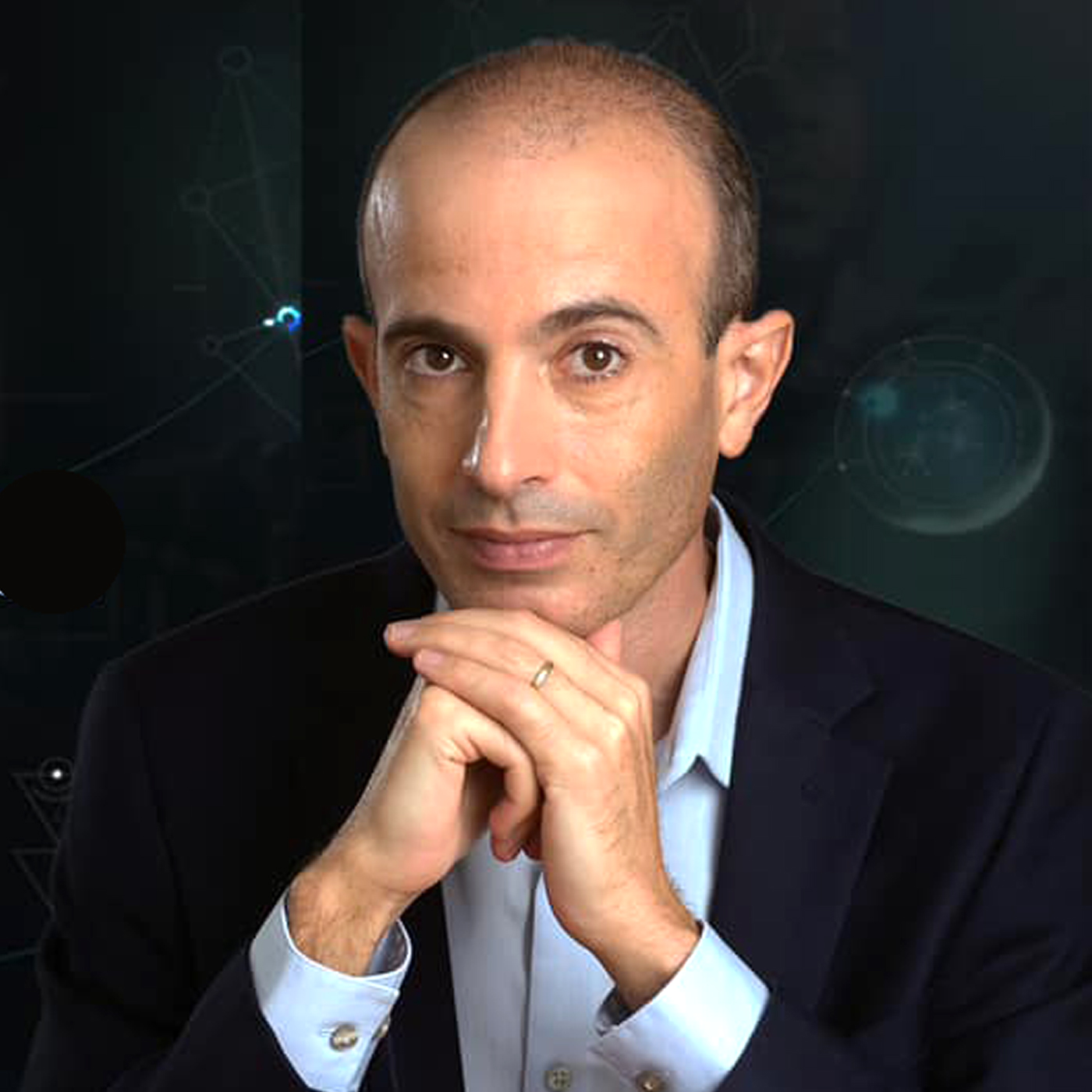

RIGSS Podcast | RIGSS Dialogue
What Does the Future Hold and How Do We Prepare as a Nation to Succeed?
-Yuval Noah Harari
Yuval Noah Harari, as a historian, describes history as “the study of change” and not just the study of the past. His work is as much forward-looking as it is about understanding our past. Harari gives the impression that much of what lies ahead of us is centred around technological advancement – a process which we are already witnessing – and how humans, as a species, will have to inevitably deal with the drastic revolutions brought about by such new realities.
According to Harari, the most important skills for surviving and flourishing in the 21st century are not specific skills, like computer code, instead the key skill is how to keep mastering new skills throughout our life.
In talking about our technology-dominated future, Harari shares his concerns about the social inequalities such changes will eventually bring to surface. People, and for that matter, nations that have access to new technologies will have the upper hand, being able to control the data and manipulate them as necessary. What are the possibilities of technology narrowing the gaps of inequality at a global scale instead of further enhancing it?
Harari’s global world-view and big-picture level of thinking would be interesting and extremely useful to explore where a small country like Bhutan stands in the grander scheme of things. What do all these oncoming changes mean for a nation like ours that has yet to catch up with the outside world in terms of economic and technological development? More importantly, how can Bhutan prepare itself to better face these challenges, and succeed as a nation?
Themes/lessons such as being adaptable, building emotional balance, embracing change, staying relevant, taking responsibility, collaborating, learning continuously – all of which are well emphasised in Harari’s works – can be directly applied to this discussion.
